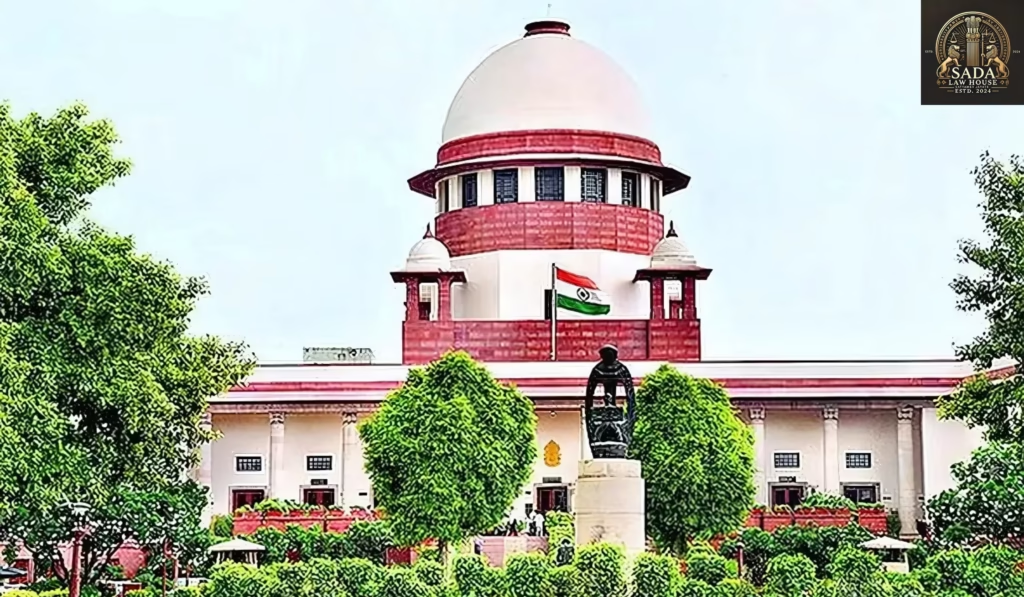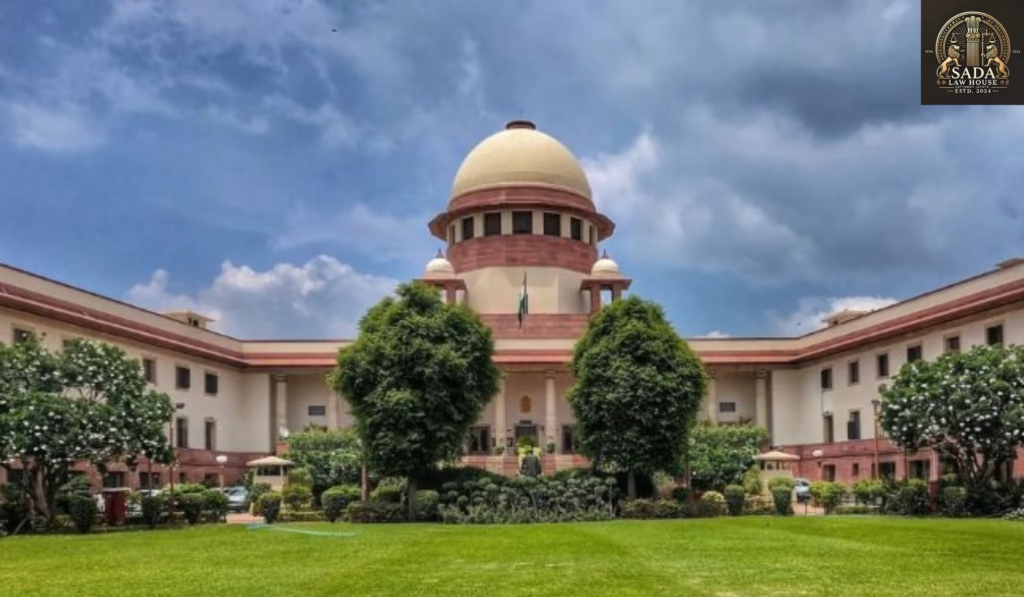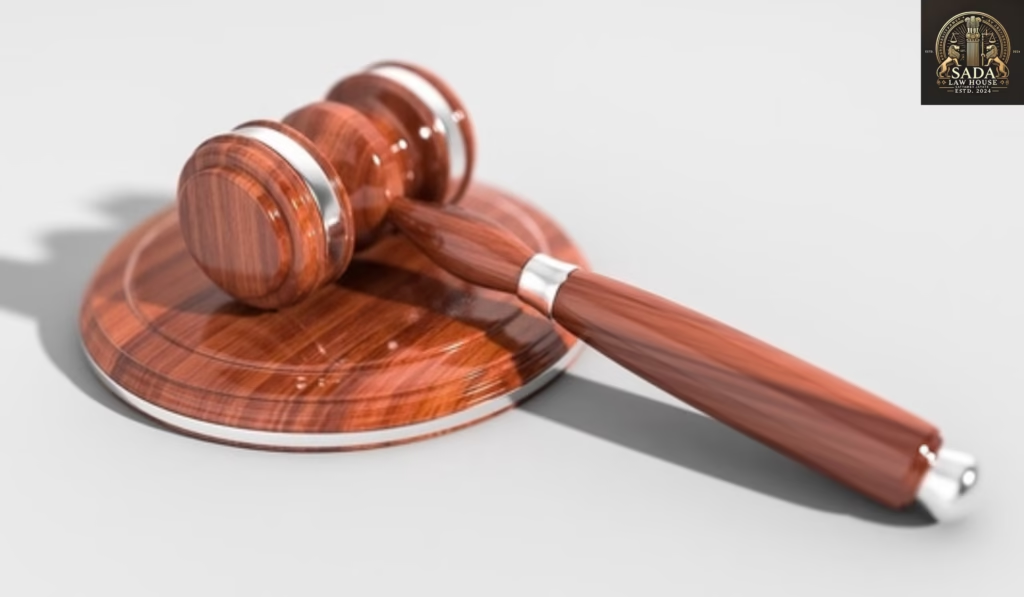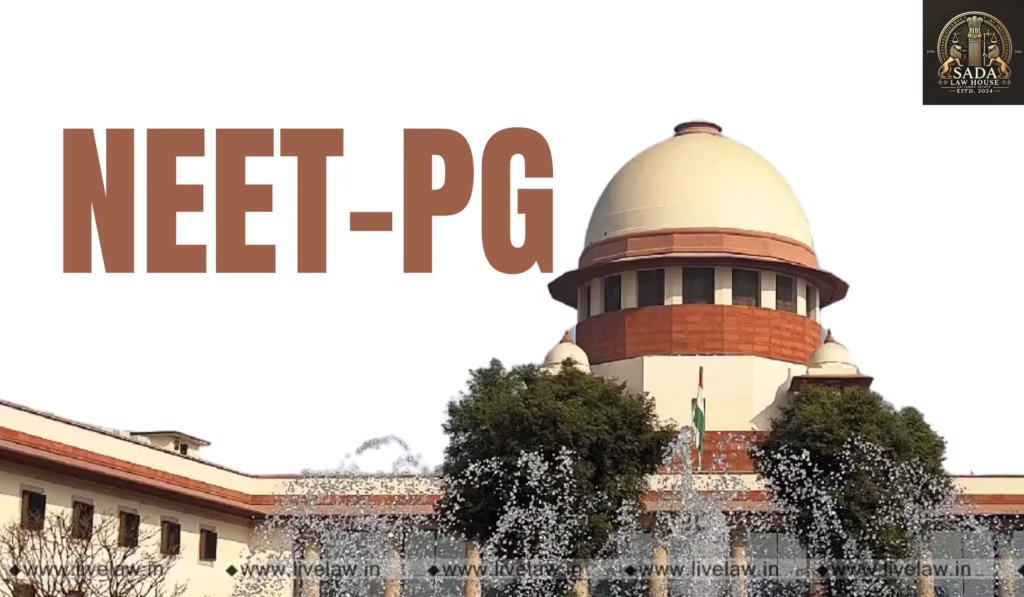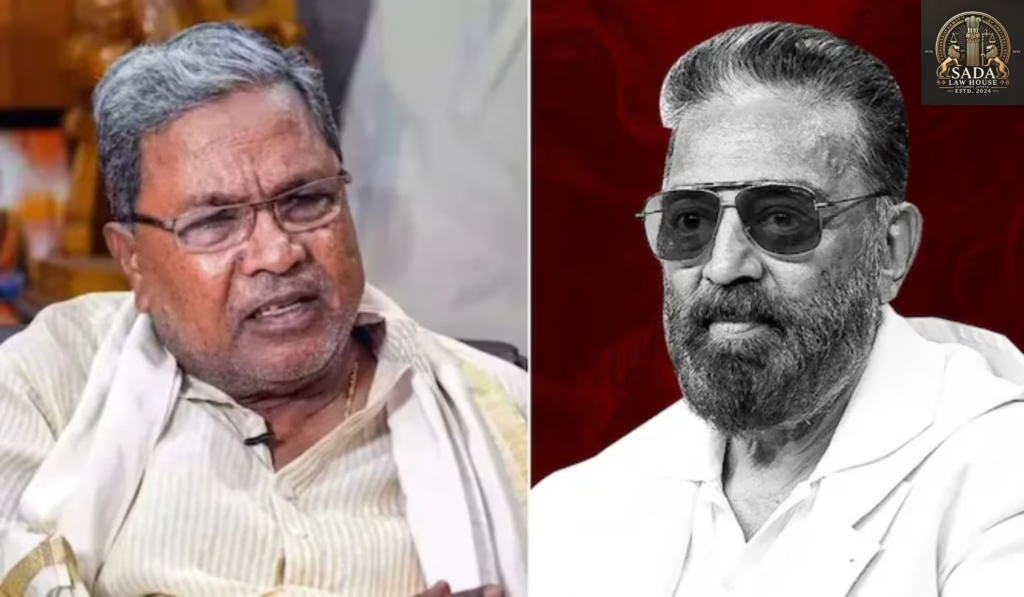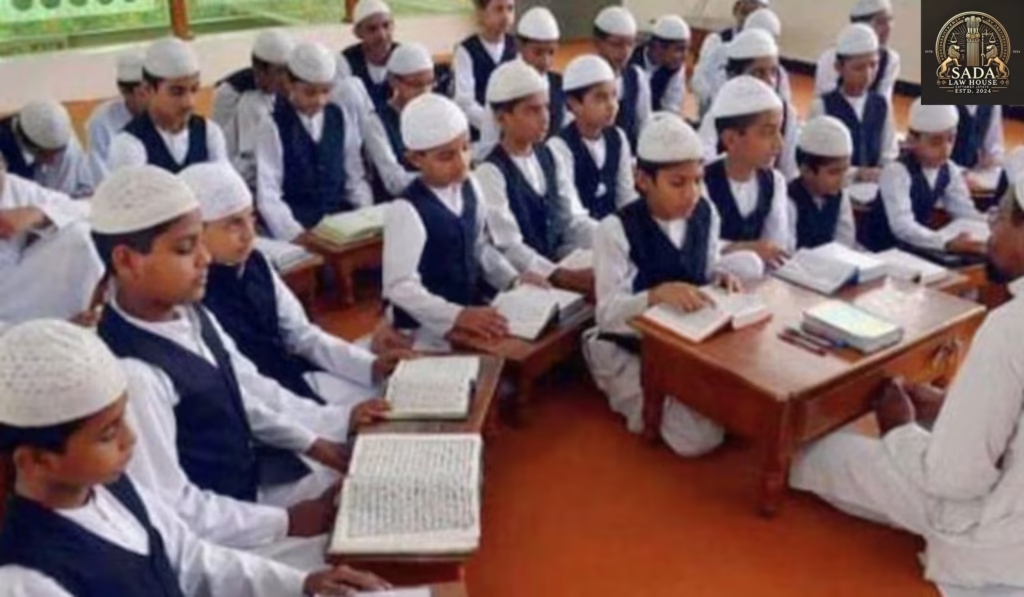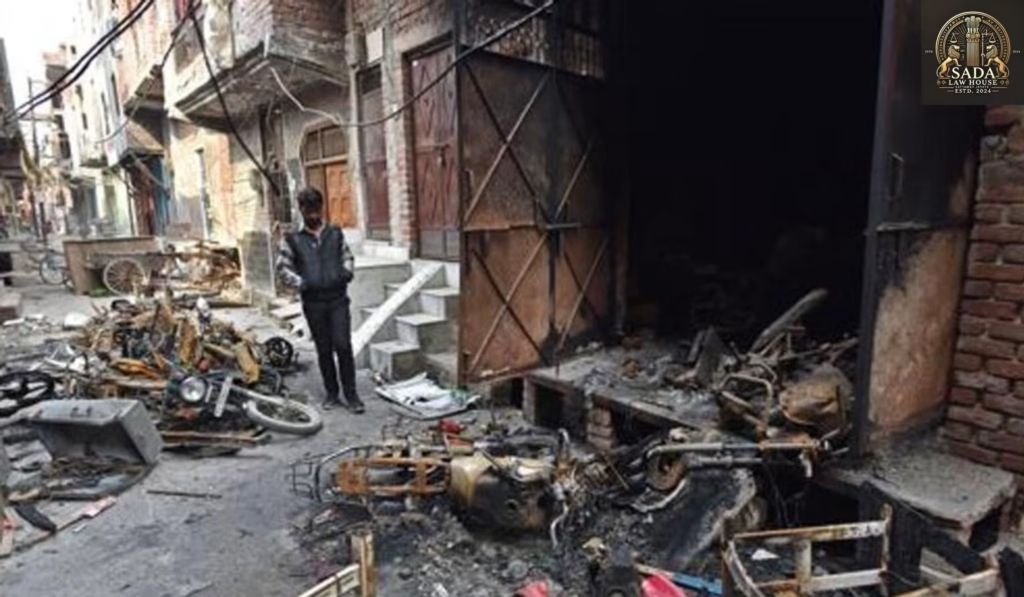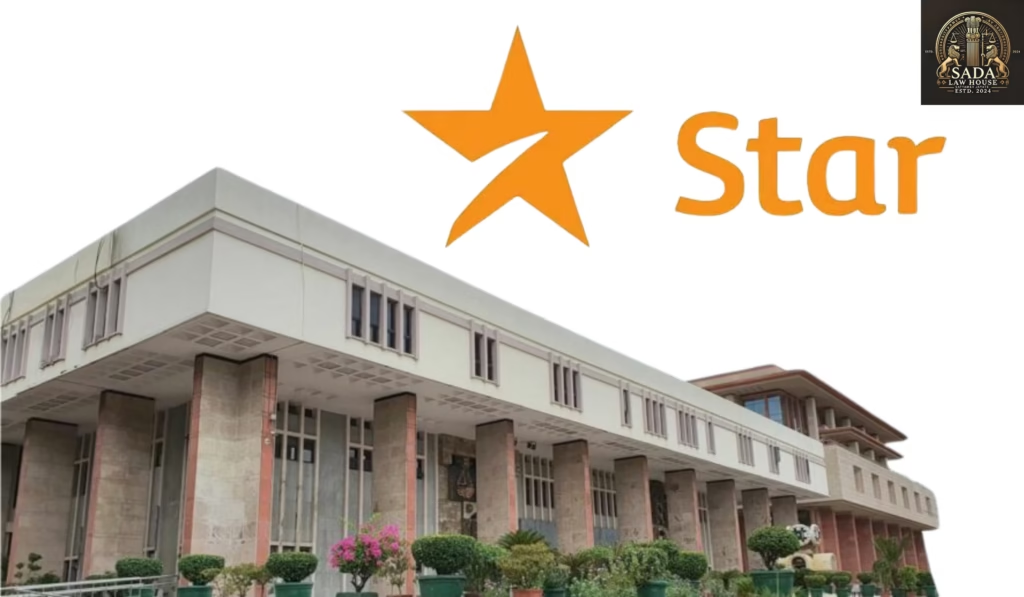Supreme Court Rules Bail Cancellation Requires Just Cause, Protects Personal Liberty
Trending Today Supreme Court Rules Bail Cancellation Requires Just Cause, Protects Personal Liberty Supreme Court Issues Notice on Son’s Plea Against Assam Police for Illegal Detention and Deportation to Bangladesh Woman Faces Criminal Charges for Concealing ₹10 Lakh in Divorce Settlement in Delhi NEET-PG 2025 Postponed: Supreme Court Directs Single-Shift Exam for Transparency and Fairness Allahabad High Court Upholds ₹273.5 Crore GST Penalty on Patanjali Ayurved Kamal Haasan’s “Kannada from Tamil” Comment Sparks Legal Row and Film Boycott Threats Supreme Court Questions Government Over Non-Recognition of Madarsa Degrees Like Kamil and Fazil Delhi Riots Conspiracy Case: Fresh Hearing Begins After Judge Transfers in Higher Judiciary Delhi High Court Issues Dynamic Injunction to Block Illegal Streaming of ICC World Cup by Rogue Websites LEGAL JOB OPPORTUNITY AT A.G. & ASSOCIATES Supreme Court Rules Bail Cancellation Requires Just Cause, Protects Personal Liberty Kashish jahan 04 June 2025 Supreme Court of India rules that bail cancellation must have just cause, protecting the right to personal liberty. Learn how this decision impacts bail revocation and legal safeguards. Bail Cancellation Should Not Be Done Lightly, Says Supreme Court of India The Supreme Court of India has issued a strong directive emphasizing that bail cancellation should not be done arbitrarily or without valid reasons. Once bail is granted, it becomes an important safeguard of an individual’s right to personal liberty, and revoking it requires new, compelling evidence. Why Bail Revocation Needs Strict Scrutiny In recent times, several lower courts across India have canceled bail orders without substantial cause, often influenced by public pressure or political factors. The Supreme Court has now firmly stated that such cancellations must strictly follow the law and not be based on assumptions or external sentiments. This ruling protects individuals from unnecessary imprisonment during ongoing trials, ensuring that bail is not revoked unless there is clear proof of: Misuse of bail conditions Emergence of new charges Flight risk or attempts to evade trial Strengthening Legal Safeguards Around Bail By reiterating the importance of bail as a fundamental right, the Supreme Court is reinforcing legal safeguards designed to prevent repeated or unjust detention. This judgment ensures the justice system respects personal liberty while balancing the need for fair trials. Key Takeaways Bail is a legal right tied to personal liberty. Cancellation of bail requires just cause and cannot be arbitrary. Courts must rely on new evidence or risk factors before revoking bail. Public or political pressure should never influence bail decisions. Conclusion The Supreme Court’s decision is a crucial step toward upholding fair trial rights and protecting individuals from wrongful imprisonment in India. This ruling will likely guide lower courts to apply stricter standards when considering bail cancellations, promoting justice and liberty. Leave a Reply Cancel Reply Logged in as Sada Law. Edit your profile. Log out? Required fields are marked * Message* Case Laws Incarceration Due to Trial Delay Violates Article 21: Supreme Court Grants Bail Despite NDPS Act Bar – Ankur Chaudhary v. State of Madhya Pradesh (2024) Incarceration Due to Trial Delay Violates Article 21: Supreme Court Grants Bail Despite NDPS Act Bar – Ankur Chaudhary v. State of Madhya Pradesh (2024) Sada Law • June 4, 2025 • Case law • No Comments Supreme Court Rules Advocates Not Liable for Deficiency of Services Under Consumer Protection Act – Key Case Analysis Supreme Court Rules Advocates Not Liable for Deficiency of Services Under Consumer Protection Act – Key Case Analysis Sada Law • June 4, 2025 • Case law • No Comments Supreme Court Clarifies Appeal Timeline in Juvenile Justice Cases: Key Ruling in Child in Conflict with Law vs State of Karnataka Supreme Court Clarifies Appeal Timeline in Juvenile Justice Cases: Key Ruling in Child in Conflict with Law vs State of Karnataka Sada Law • June 4, 2025 • Case law • No Comments 1 2 3 … 5 Next »
Supreme Court Rules Bail Cancellation Requires Just Cause, Protects Personal Liberty Read More »

